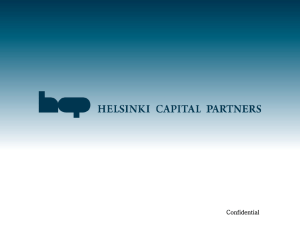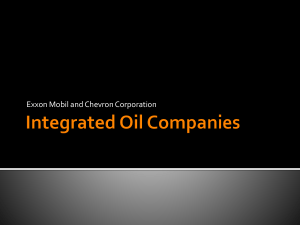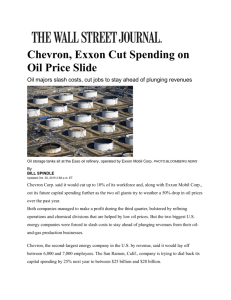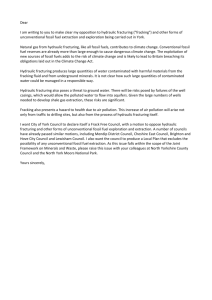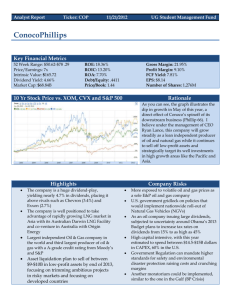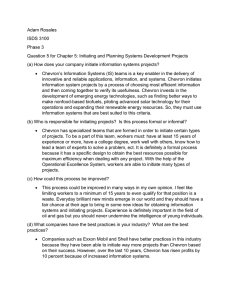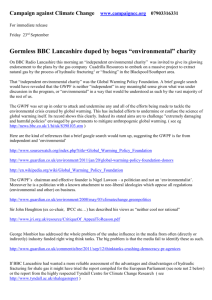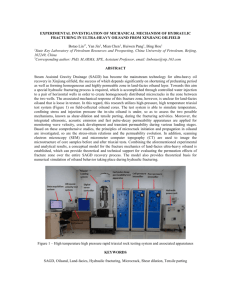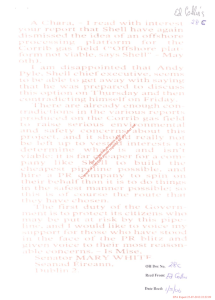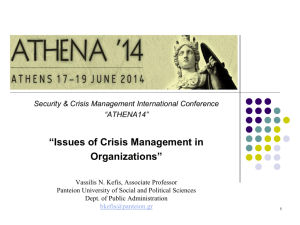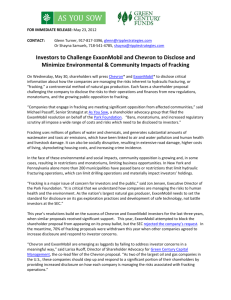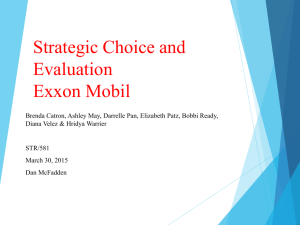Fracking on Proxy Ballots at Chevron and Exxon
advertisement
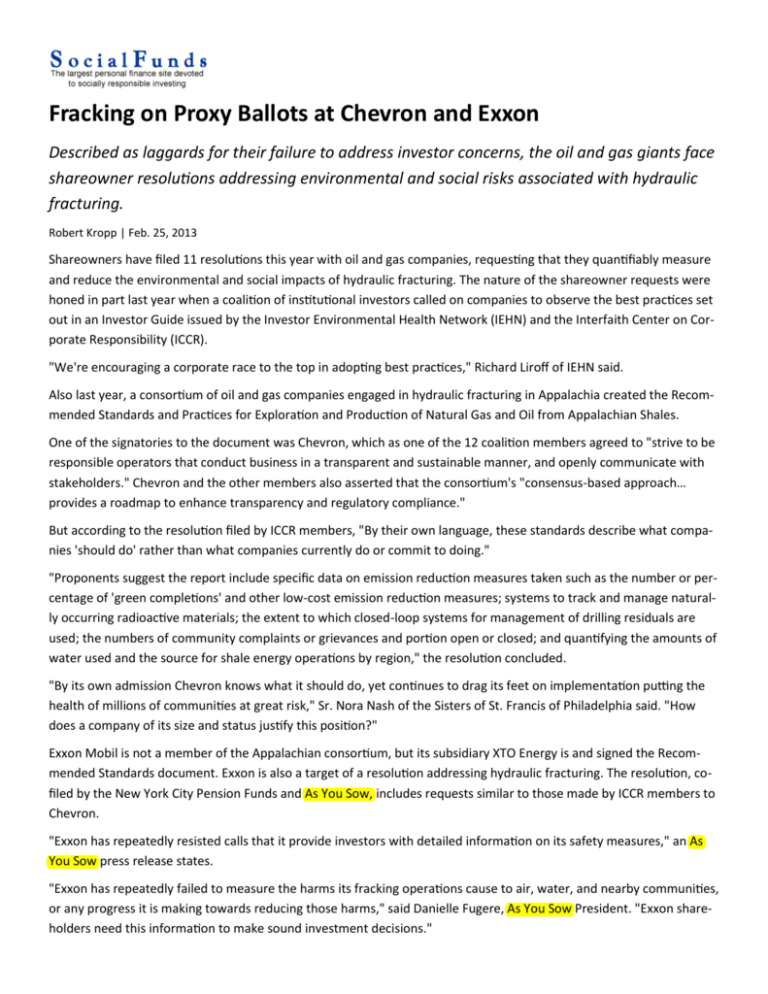
Fracking on Proxy Ballots at Chevron and Exxon Described as laggards for their failure to address investor concerns, the oil and gas giants face shareowner resolutions addressing environmental and social risks associated with hydraulic fracturing. Robert Kropp | Feb. 25, 2013 Shareowners have filed 11 resolutions this year with oil and gas companies, requesting that they quantifiably measure and reduce the environmental and social impacts of hydraulic fracturing. The nature of the shareowner requests were honed in part last year when a coalition of institutional investors called on companies to observe the best practices set out in an Investor Guide issued by the Investor Environmental Health Network (IEHN) and the Interfaith Center on Corporate Responsibility (ICCR). "We're encouraging a corporate race to the top in adopting best practices," Richard Liroff of IEHN said. Also last year, a consortium of oil and gas companies engaged in hydraulic fracturing in Appalachia created the Recommended Standards and Practices for Exploration and Production of Natural Gas and Oil from Appalachian Shales. One of the signatories to the document was Chevron, which as one of the 12 coalition members agreed to "strive to be responsible operators that conduct business in a transparent and sustainable manner, and openly communicate with stakeholders." Chevron and the other members also asserted that the consortium's "consensus-based approach… provides a roadmap to enhance transparency and regulatory compliance." But according to the resolution filed by ICCR members, "By their own language, these standards describe what companies 'should do' rather than what companies currently do or commit to doing." "Proponents suggest the report include specific data on emission reduction measures taken such as the number or percentage of 'green completions' and other low-cost emission reduction measures; systems to track and manage naturally occurring radioactive materials; the extent to which closed-loop systems for management of drilling residuals are used; the numbers of community complaints or grievances and portion open or closed; and quantifying the amounts of water used and the source for shale energy operations by region," the resolution concluded. "By its own admission Chevron knows what it should do, yet continues to drag its feet on implementation putting the health of millions of communities at great risk," Sr. Nora Nash of the Sisters of St. Francis of Philadelphia said. "How does a company of its size and status justify this position?" Exxon Mobil is not a member of the Appalachian consortium, but its subsidiary XTO Energy is and signed the Recommended Standards document. Exxon is also a target of a resolution addressing hydraulic fracturing. The resolution, cofiled by the New York City Pension Funds and As You Sow, includes requests similar to those made by ICCR members to Chevron. "Exxon has repeatedly resisted calls that it provide investors with detailed information on its safety measures," an As You Sow press release states. "Exxon has repeatedly failed to measure the harms its fracking operations cause to air, water, and nearby communities, or any progress it is making towards reducing those harms," said Danielle Fugere, As You Sow President. "Exxon shareholders need this information to make sound investment decisions." And New York City Comptroller John Liu, the trustee for the NYC Pension Funds, said, "Fracking carries significant concerns about poisoned drinking water, toxic chemical leaks, and explosions. Exxon Mobil says, 'Don’t worry, we've got it covered' and asks us to take it at its word. Until the company shows us hard data on what it has done to protect the public and environment, shareowners cannot be confident that the necessary safeguards exist." http://www.socialfunds.com/news/article.cgi/3756.html
